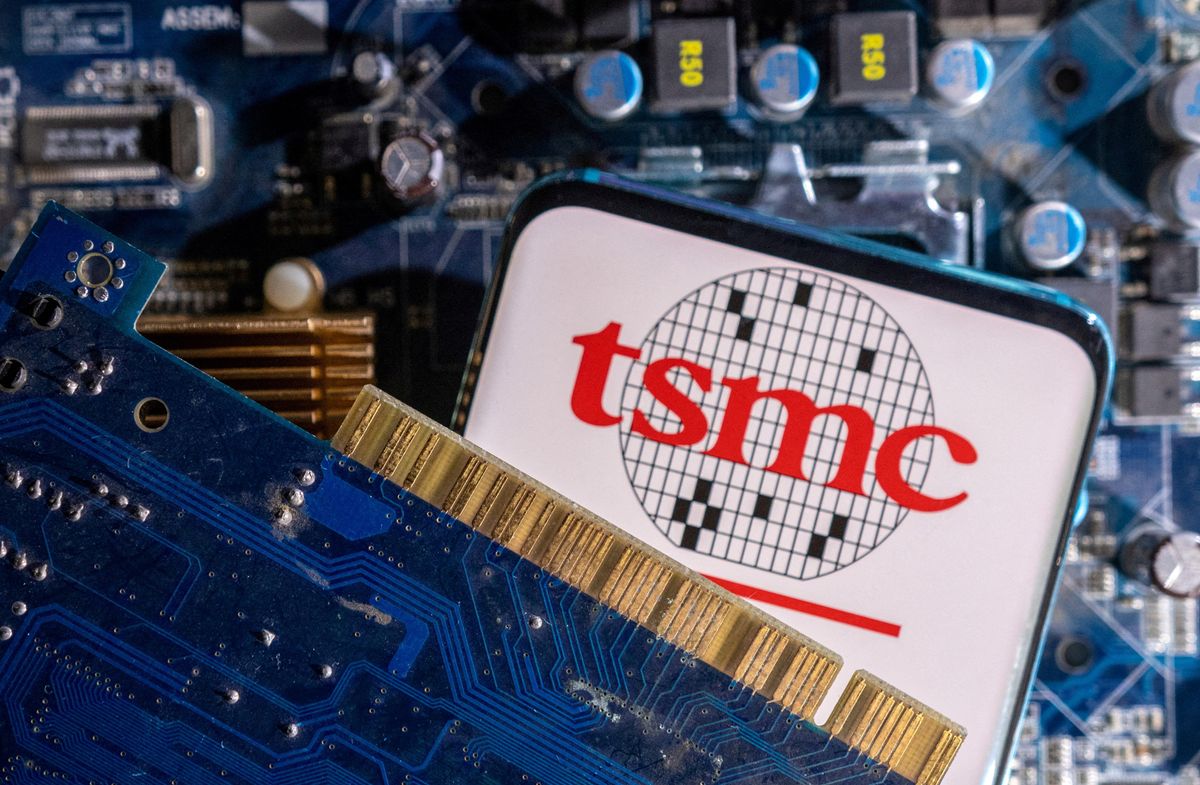For all countries with advanced manufacturing capabilities, future chip production will be crucial for both economic dynamism and national security, because semiconductors will be an indispensable component in everything from electric vehicles to consumer electronics to satellites and advanced weapons systems.
Monday’s announcement marks a political victory for President Joe Biden, who can now claim he’s adding a “Made in America” label to the world’s most advanced technologies.
There is an important security implication from this announcement, one that Taiwan’s government may not like. TSMC remains at the heart of the island nation’s “silicon shield,” the protection that semiconductor dominance provides Taiwan by giving the United States good reason to protect it from Chinese attack. Shifting more of TSMC’s production to Arizona reduces that incentive.



















